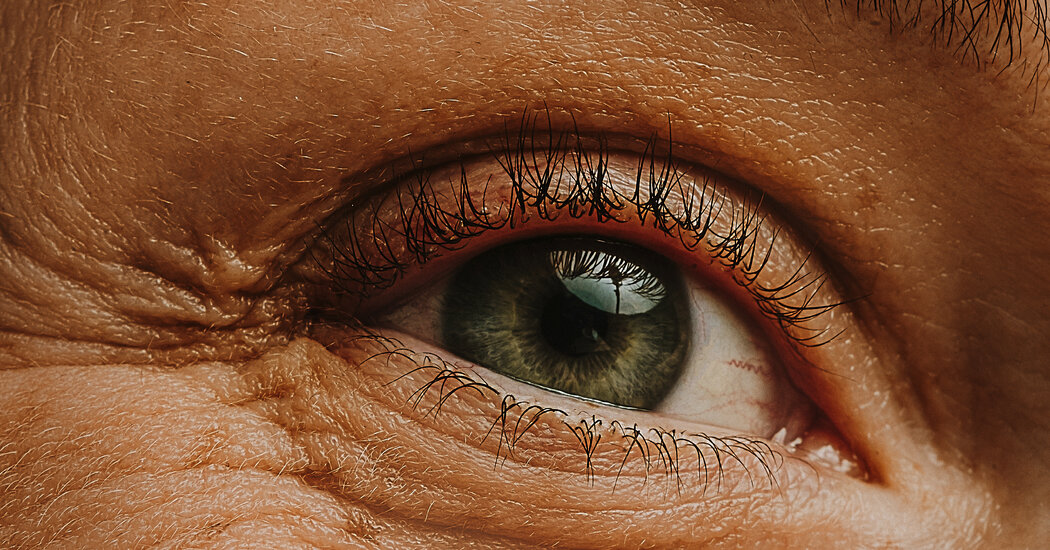
It is a disorienting moment for anyone who happens to be getting older. Look left, and teenagers are shopping for anti-aging serums. Look right, and supermodels in their 50s appear on magazine covers looking uncannily smooth. When an A.I. filter that adds wrinkles took off last summer, it was treated as a kind of novelty: Influencers tried on digital frown lines and gasped.
Anxiety around aging may be universal, but recently some members of Gen Z have been voicing acute distress. A few widely circulated social media posts have advanced the tantalizing theory that Gen Z is “aging like milk,” which is to say, not well.
In one TikTok video that has been seen nearly 20 million times, Jordan Howlett, a 26-year-old with a dense beard and professorial glasses, says that he thinks he and other members of Gen Z look more mature because of the stressors heaped on the generation. In another, a wrinkle-free young woman named Taylor Donoghue feigns outrage at commenters who thought she might be in her early 30s. “Bye digging my own grave,” Ms. Donoghue, who is 23, wrote in her video’s caption.
The oldest members of Gen Z are around 27. It may be that, like every human before them, they are simply getting older. The trend is all but certain to persist.
Gen Z’s newfound preoccupation with aging has been greeted with a kind of schadenfreude in millennial pockets of social media. Commenters sneer: Do Gen Z-ers really believe they discovered age anxiety, the way they discovered low-rise jeans? Those seeking to cast blame have tried to pin Gen Z’s supposedly accelerated maturation on vaping, makeup, cancel culture or karma. Some have suggested the anti-aging products and procedures used by Gen Z-ers have, ironically, made them look older.






